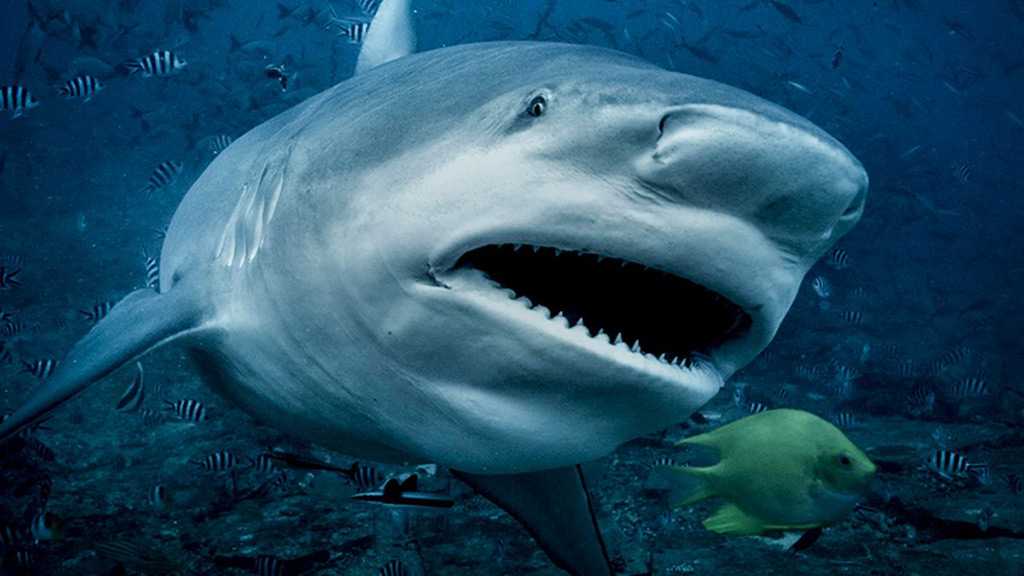Over Half A Million Sharks Could Be Killed for COVID-19 Vaccine

By Staff, Agencies
Activists are warning that sharks could end up becoming indirect victims of the coronavirus pandemic, because at least five of the COVID-19 vaccines currently under development contain squalene, a natural component that is currently commercially manufactured from sharks.
Assuming one of those vaccines ends up being produced globally and every person on the planet receives two doses, more than half a million sharks would be killed, according to Shark Allies, a California-based advocacy group.
That would potentially endanger vulnerable shark populations, the group said, urging further research into manufacturing squalene from plants such as fermented sugarcane.
Squalene is a component of some adjuvants that are added to vaccines to enhance the immune response, according to the World Health Organization. It is a component in a flu vaccine and several experimental vaccines, including for malaria, the WHO has said.
“Harvesting something from a wild animal is never going to be sustainable, especially if it’s a top predator that doesn’t reproduce in huge numbers,” Stefanie Brendl, founder and executive director of Shark Allies, told the Telegraph.
“There’s so many unknowns of how big and how long this pandemic might go on, and then how many versions of it we have to go through, that if we continue using sharks, the numbers of sharks taken for this product could be really high, year after year after year,” she said.
“Many of the species targeted for being rich in squalene, such as the gulper shark and the basking shark, are classed as vulnerable, meaning that their populations are decreasing and they could become endangered if the circumstances threatening them continue.”
Shark Allies says that an estimated 2.7-3 million sharks are already killed every year just for their squalene.
According to the group, the five vaccines that contain shark squalene are being developed by GSK, Clover Biopharmaceuticals, Seqirus/University of Queensland/CSL, Medicago Inc. and Farmacologos veterinarios SAC/Universidad Peruana Cayetana Heredia.
Comments
- Related News




